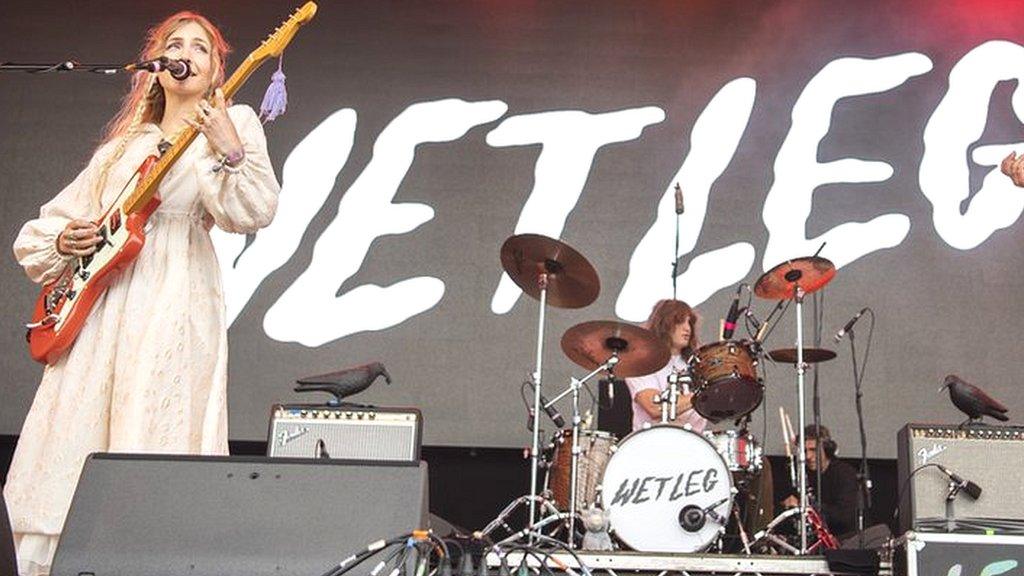New feeding system for orphan donkeys developed in Devon
- Published
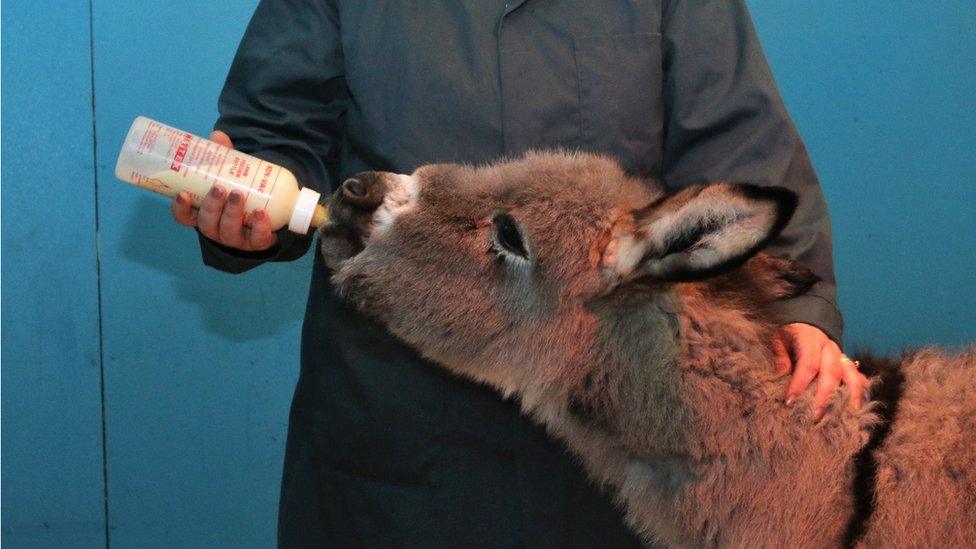
Some donkeys develop behavioural problems after being hand-reared
A donkey charity has developed a "pioneering" artificial suckling system to help the feeding of orphan foals.
The Donkey Sanctuary, based in Devon, developed the system to help foals having difficulties being hand-reared.
The new artificial system is available 24-hours a day, and is based on a method used to rear new-born lambs.
Ben Hart, the sanctuary's senior lead behaviour and human behaviour change, said it "mimics the natural environment".
He said: "Although rare, orphaned foals are one of the greatest challenges to equid care and welfare.
"Hand-rearing is often the only option for equine sanctuaries when an orphan arrives.
"However, too much inappropriate handling from humans can result in behavioural issues as the foal grows."
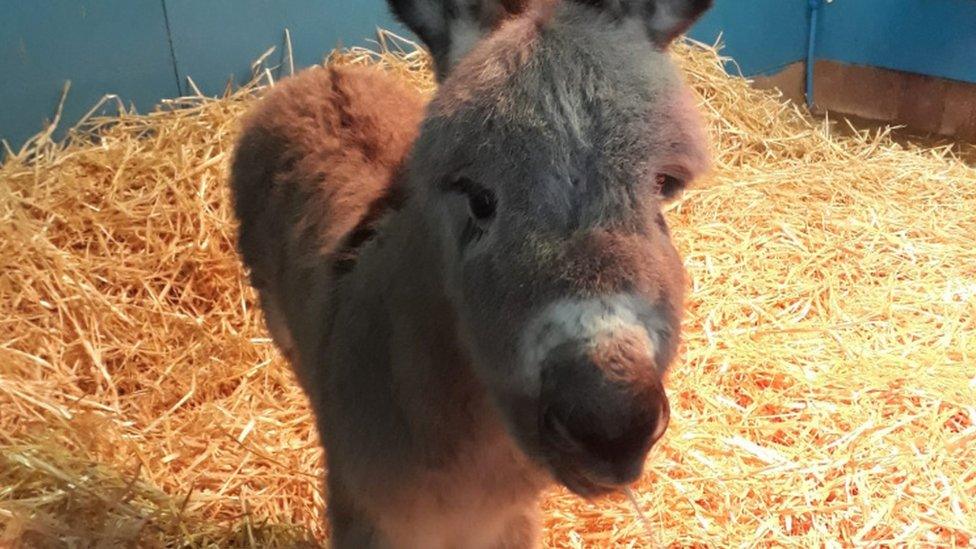
A one-week-old foal Sam was the first to try out the new system
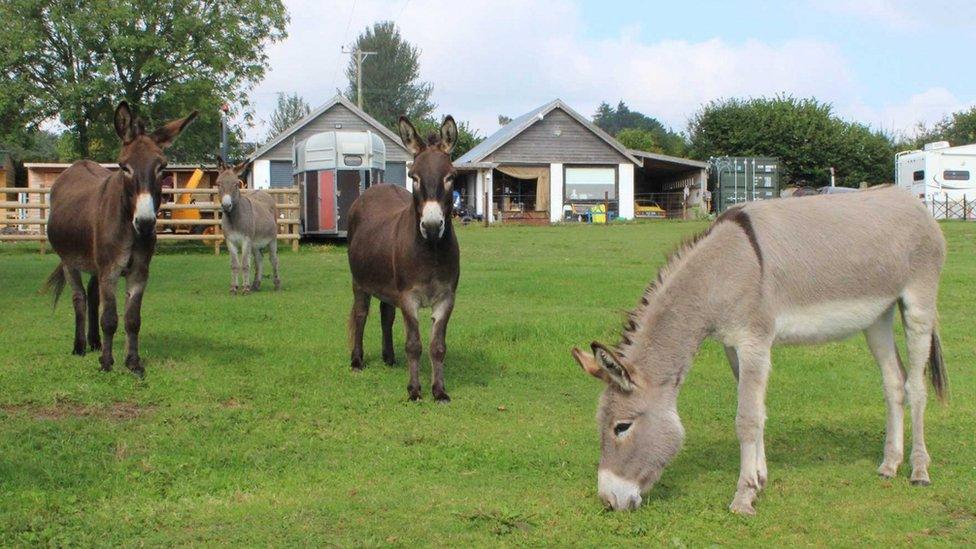
After being trialled in Devon the system was further improved for use in Ireland
The system has been tested on a donkey who joined them at one-week-old, and was initially hand-reared with bottle feeds every three to four hours.
The foal, who was named Sam, started to develop some concerning behaviours, so the new system was trialled, and found to be successful.
The charity said: "Detailed monitoring revealed that he suckled at a very variable rate throughout a 24-hour period, replicating natural rearing behaviour.
"Sam also suckled at times without taking in milk, demonstrating that suckling behaviour is a key part of maternal nurturing."
The artificial feeding system consists of a plastic tube leading from an enclosed milk bucket to a lamb bottle teat attached to a stable door at an appropriate height.
A milk warmer heats the formula in the plastic tube as it passes through the machine.
Mr Hart said: "Developing this artificial feeding system, which mimics the natural environment, is a great example of how team collaboration, academic excellence and lateral thinking can significantly improve not only the health, welfare and behavioural development of donkeys in our care but also equines around the world who can learn from our pioneering work."

Follow BBC News South West on Twitter, external, Facebook, external and Instagram, external. Send your story ideas to spotlight@bbc.co.uk, external.
Related topics
- Published31 May 2021
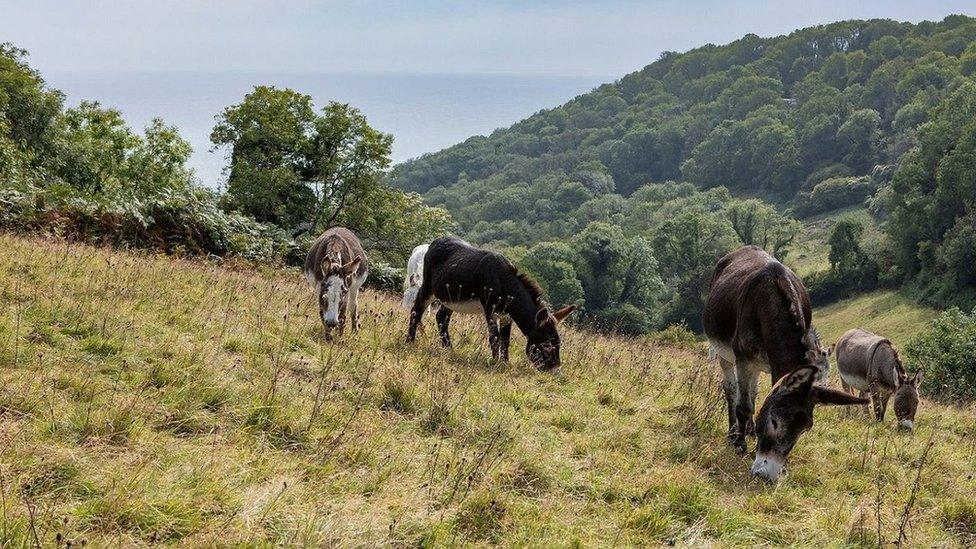
- Published24 December 2021
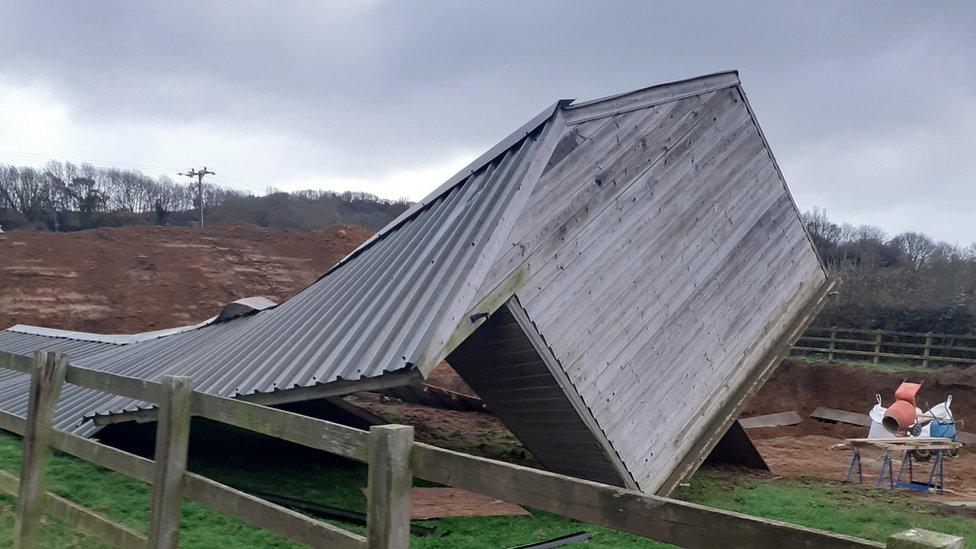
- Published27 June 2022
